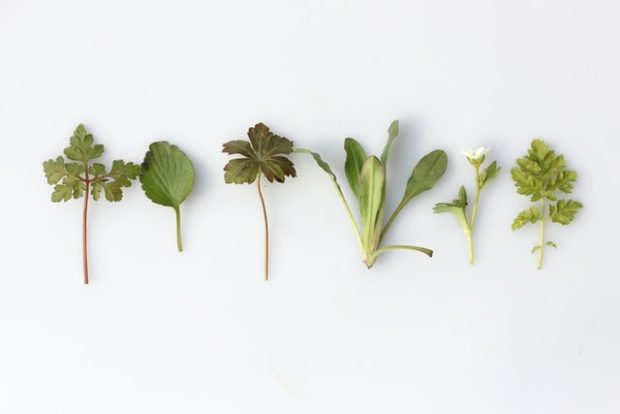You have no items in your cart. Want to get some nice things?
Go shopping
Source: Unsplash
Health and wellness have become buzz words over the last five years. Although there’s always been a culture of physical and mental well-being within societies around the world, things have stepped up a gear or two in recent years. Indeed, when you scroll through Instagram, the number of fitness professionals, influencers, and keen amateurs is at an all-time high as people strive to improve their bodies and minds.
That stats back up this trend. According to the 2018 GWI Global Wellness Economy report, the industry is growing twice as fast as the global economy. Between 2015 and 2017, industry revenue increased by 6.4% from $3.7 trillion to $4.2 trillion. Although this figure takes into account all facets of the industry, from spas to wellness tourism, the overwhelming sentiment is that people are now paying more attention to their health.
A Health Culture Built on Knowledge
Why? As with all things, the reasons will be numerous and varied. However, one of the main ones is that more people are focused on their health is knowledge. Today, it’s easier than ever to learn about fitness, mental well-being, and everything in between. For all of its faults, social media has exposed more people to the benefits of being healthy. When people are more exposed to anything, they’re more likely to take an interest. In turn, they’re more likely to educate themselves about a topic.
The internet is awash with health and wellness advice. Admittedly, not all of it is good advice. However, there’s information out there and that’s inspiring change. What’s more, it’s opening up people’s minds to new ideas or, in many cases, old ideas that were either lost or hidden. Within health and wellness, one area that’s come to the fore over the last five years is plants. Plants have been used by civilizations to keep fit and well throughout the ages – for example, the University of Edinburgh’s Dr. Gavin Hardy has examined the use of plants in medicine in Ancient Greece and Rome.
The Roots of Plant-Based Health Are Long and Strong
From Dioscorides, a Greek physician, to the father of modern medicine, Hippocrates, plants were a standard tonic. Oregano was often added to soups and stews because Ancient Greeks believed it promoted good health. Mint was used to treat sore throats, headaches, and nerve disorders. Sage reportedly warded off death and was required for a long, healthy life.

Source: Unsplash
Regardless of how effective the plants were, the fact is that they were an important part of Ancient Greek and Roman culture. Today, these roots are still blossoming. Although much of the evidence regarding the health benefits of plants is anecdotal, there’s a long history of them being used. Some of the most popular plants being used for health and wellness today are:
Aloe Vera
If you’re looking for a natural way to treat a variety of dermatological issues, aloe vera could be the answer. Although there isn’t much in the way of research when it comes to its healing properties, it’s a substance that’s been used for thousands of years. In fact, evidence of aloe vera being used as a skin treatment dates back to 2200 BC and the ancient Sumerian city of Nippur. For those that use it, aloe vera has the ability to soothe the skin, treat burns, and remove impurities.
Cannabis
The rise in popularity of CBD oil has brought cannabis back into the light in recent times. As well as oils, health hackers are now looking towards cannabis seeds and growing their own plants. Just visit a renowned website like Zamnesia and you can learn a variety of strains like the famous OG Kush to grow it successfully. Using online guides, consumers are being shown the difference between types of cannabis, from big bud feminized to auto-flowering options like northern lights. These plants, in conjunction with CBD oils, are being used to help everything from depression to respiratory issues. Again, research into the positive effects is still emerging. However, finding from places like the University of Buffalo are showing support for the use of medical marijuana.
Rosemary
Used in folk medicine for centuries, rosemary is said to improve memory and concentration. Like all plant-based solutions, more research needs to be done into the true effect of rosemary. However, a study carried out by Northumbria University found that the scent of rosemary improved memory retention in people aged over 65. The same study also found that peppermint tea can improve alertness and chamomile has a calming effect.
In addition to aloe vera, cannabis, and rosemary, there are many other plants that are popular within health and wellness circles. There’s English ivy for removing toxins from the air, echinacea for preventing flu, garlic to treat blood pressure, and ginger to ease nausea.
Advances in modern medicine can’t be ignored. Today, healthcare, and the ability to improve our own well-being, is better than ever. However, we shouldn’t ignore the tonics around us. Plants have been used for thousands of years and, within this new health-conscious culture of ours, they can be used for thousands more to come.





